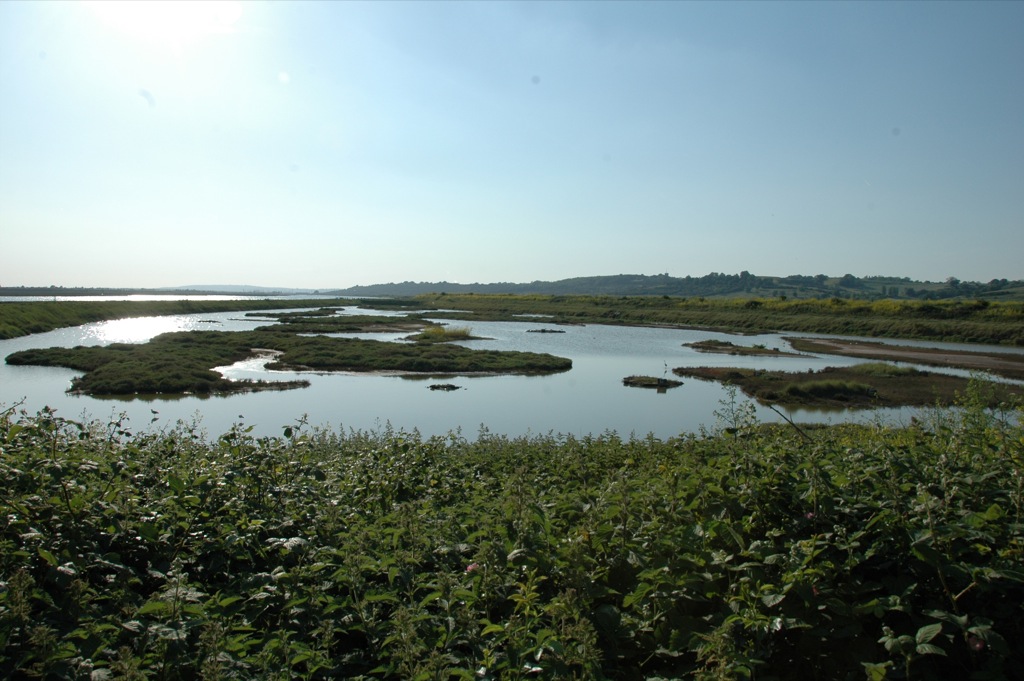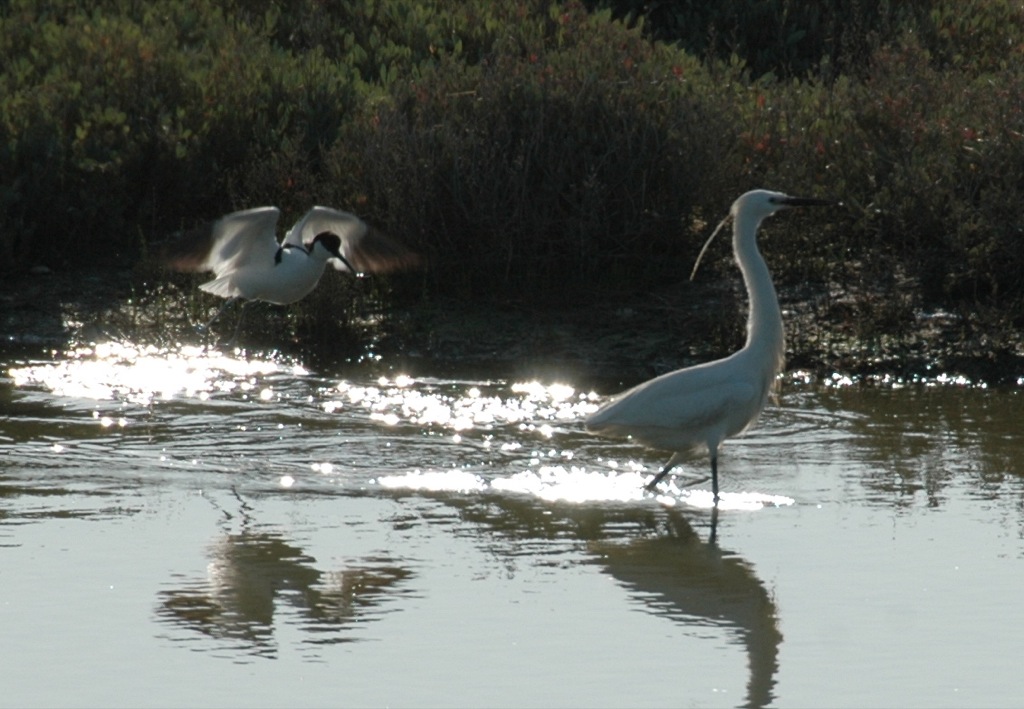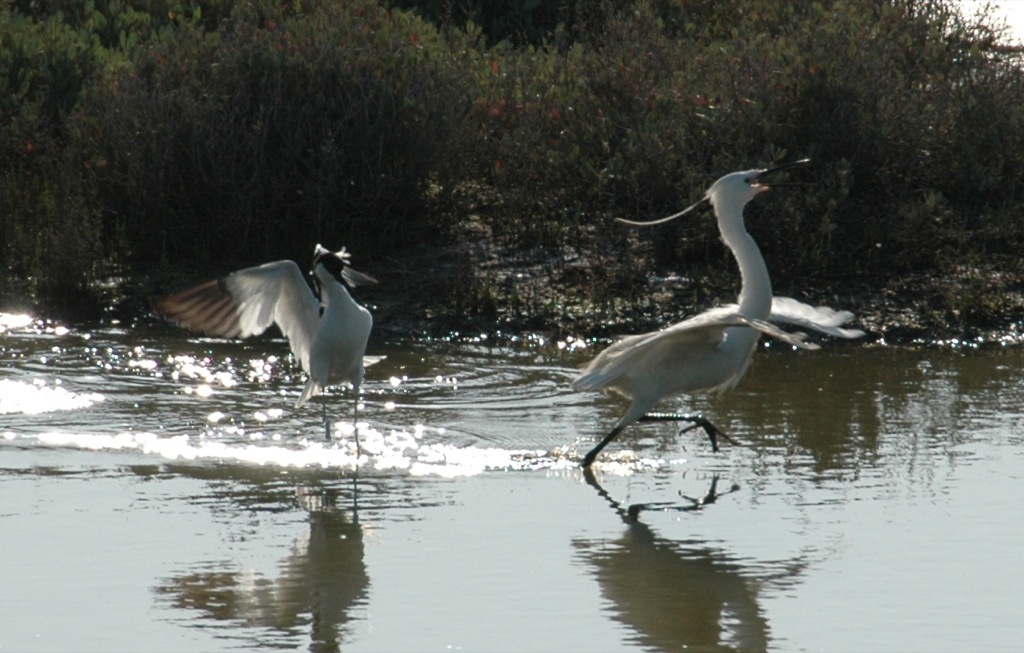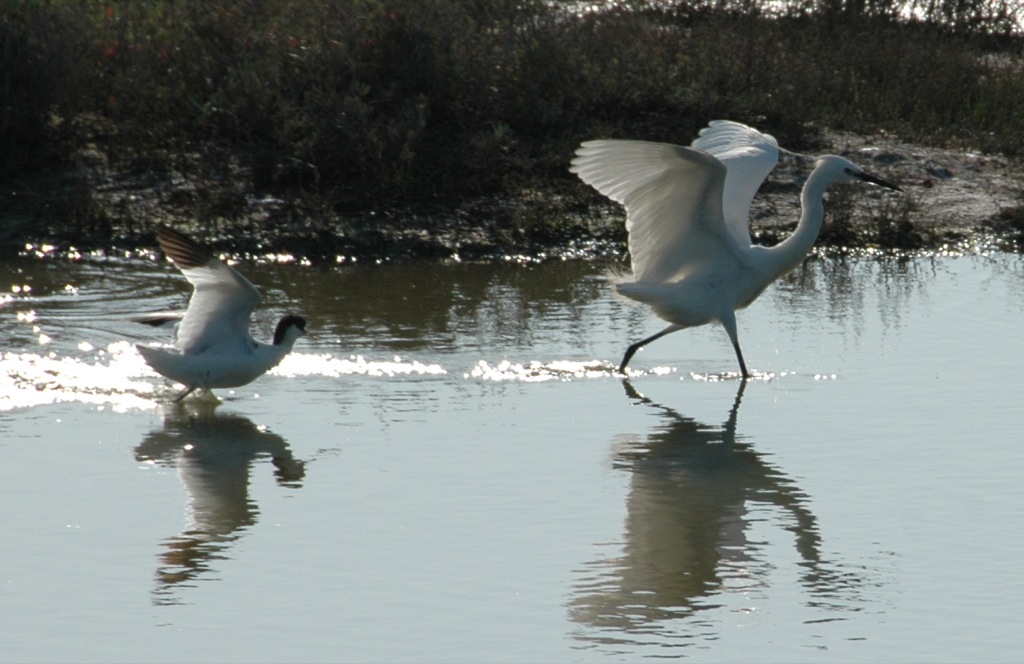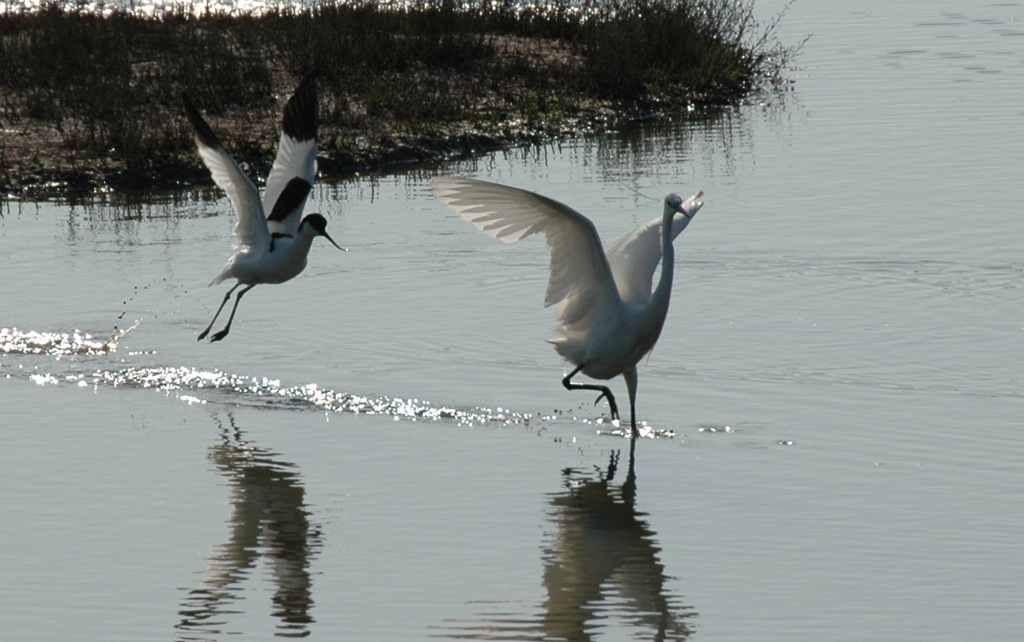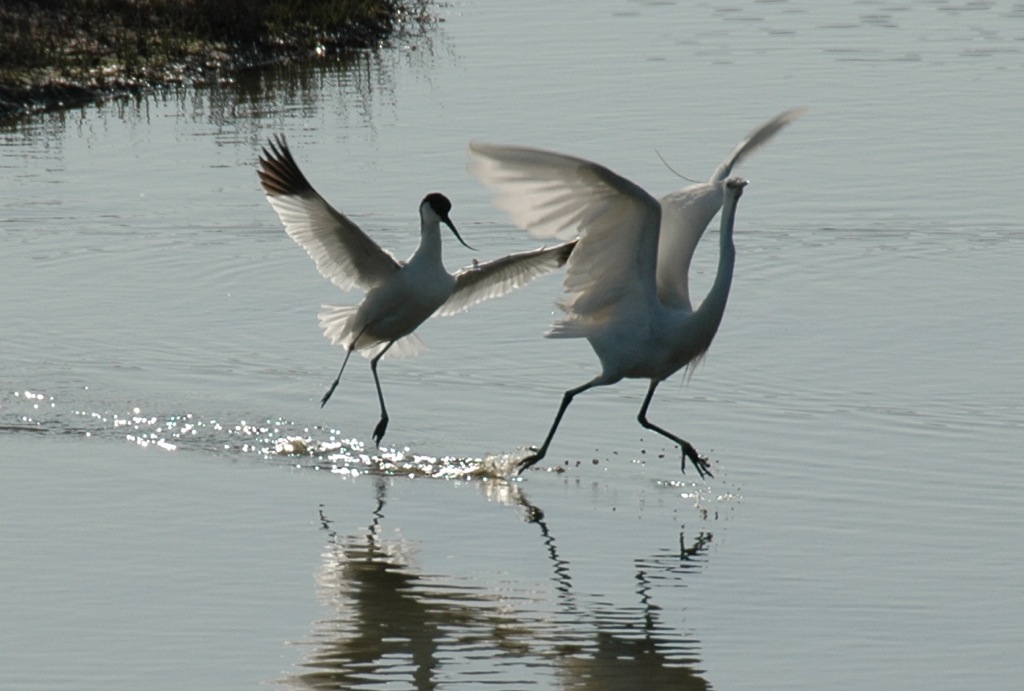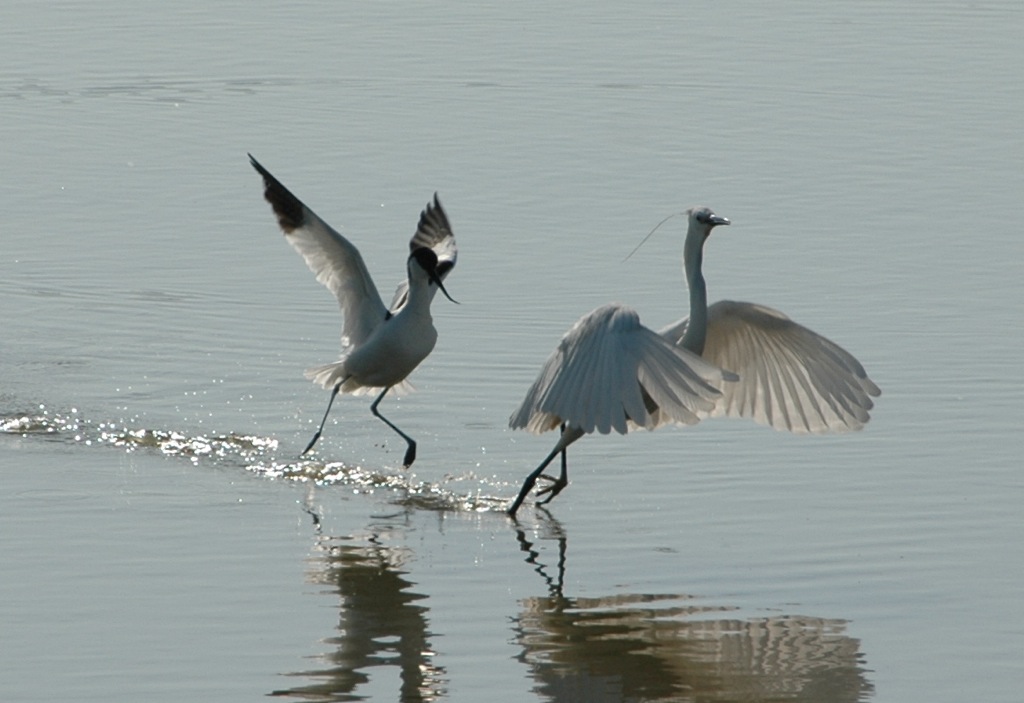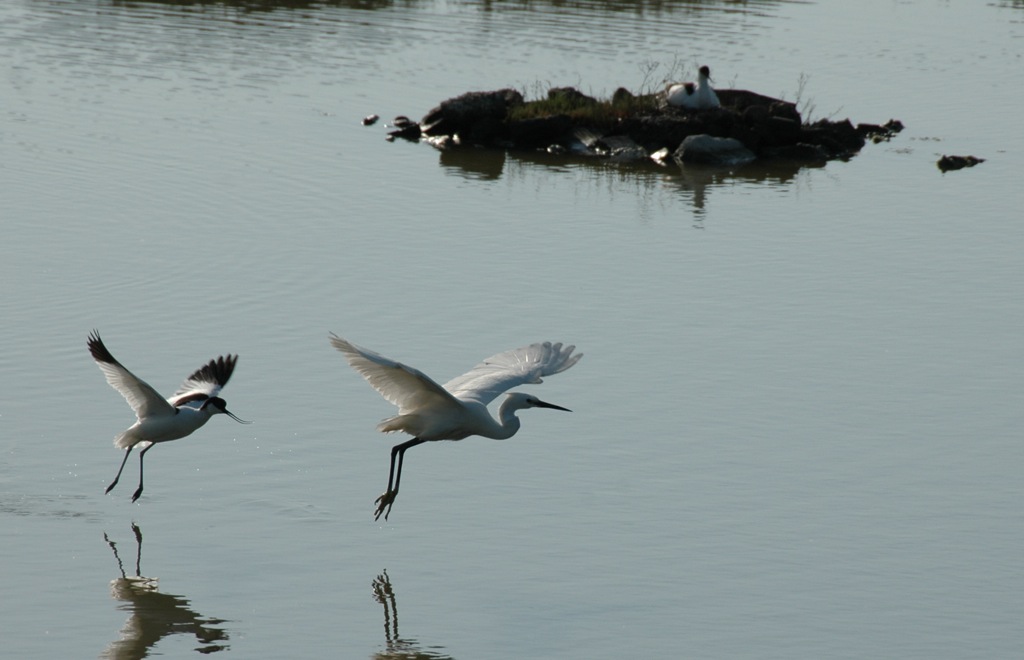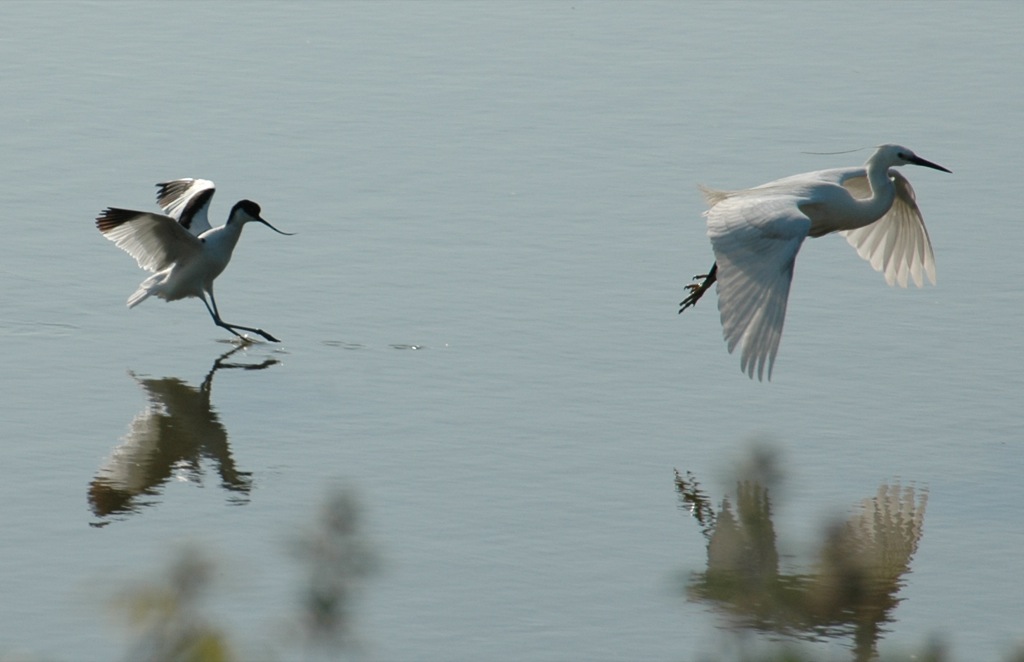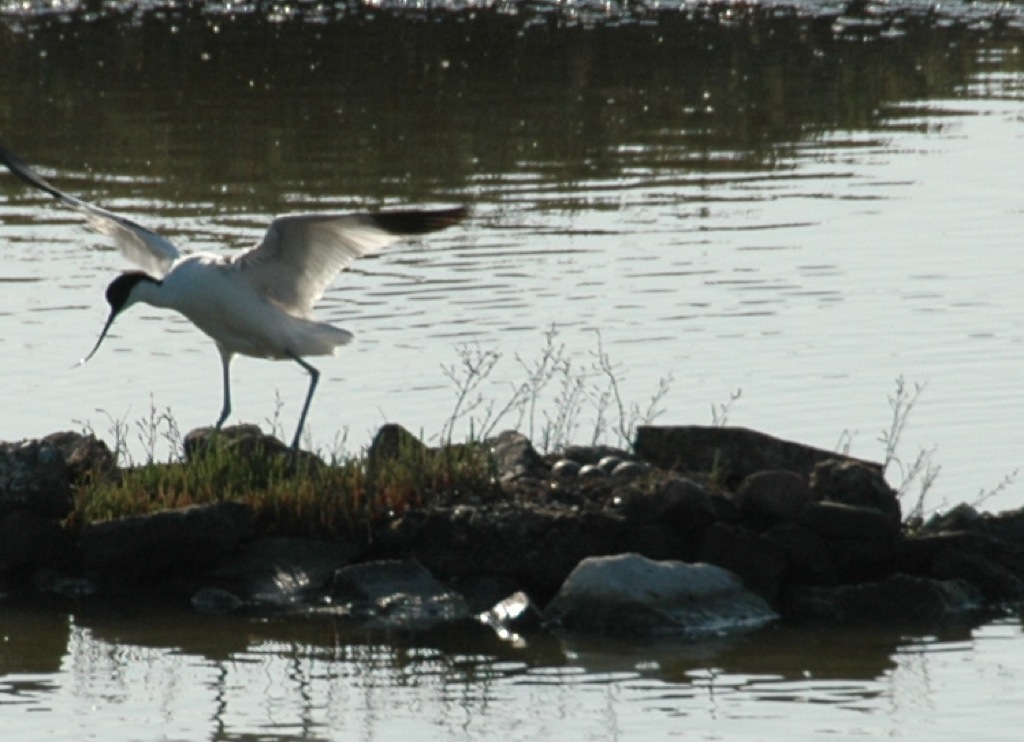Posted on 25 May 2007
Our father Kenneth, known to some of the family as Joe and to his colleagues as Johnny, was quite a complex character. Born in 1914, one of his earliest memories was to hear the pit-head sirens sounding in celebration at the end of the Great War; another was the death of his 16-year-old cousin in the great influenza outbreak. He was a pupil at the Lewis School, Pengam, once described by Lloyd George as “The Winchester of Wales” and it was a source of pride to him in later life that some of his more famous countrymen – England Cricket Captain Tony Lewis, Wales & British Lions Rugby Captain John Dawes and never-to-be-Captain Neil Kinnock – followed him through those hallowed portals.
He was a brother to four sisters and although there are few anecdotes I can relate about these times, I believe there was an occasion in which he pushed someone’s nose into a boiled egg.
He was very hard-working but the 1930s was not the best decade to try to find a job in South Wales. He tried his hand at chickens, gaining a certificate in Poultry Husbandry from the Usk Agricultural College and later he was a door-to-door salesman, peddling brushes around on his bike. However, father eventually became an economic migrant, leaving the Valleys and settling in Kent. He found employment briefly at the Woolwich Arsenal, but more importantly he found our mother at the St. Mary Cray tennis club, and in 1940 they married. These were, of course, turbulent times, and within a month he had received his call-up papers. Being able to read a micrometer, he was placed in the air force as a mechanic and after a period of training was posted overseas.
Compared to many, father probably had a relatively easy war in the sense that he was never in direct contact with conflict, following up behind the troops as Monty did his stuff in the Sahara. Perhaps the greatest danger he was in was in London in the Blitz when, bombs raining down, a soldier he was with shot the lock off an underground station so that they could find shelter. However, he must have missed Beckie enormously, and there was one occasion on which he risked arrest by taking illicit leave to be with her, hiding from the Military Police in the lavatories at King’s Cross Station until the coast was clear. On his return from active service more than 3 years later, he entered a household as a stranger to one of its members, his disabled oldest son Geoffrey. Although he rarely talked about this, or the war years, they must have had a profound effect on him. I think that Geoffrey’s death in 1960 was a tragedy from which neither he nor mother ever fully recovered.
The 9 post-war years saw five more children come along. Father became a teacher and it was at the Langdon Hills Primary School that he spent almost all his career. He made some good friends and the family is very grateful to those of you who have managed to make the journey today. Of course, the teaching profession has never been one in which fortunes are made, and he cultivated the garden assiduously in order fill our hungry mouths. For a good part of the year he provided all the vegetables we ate and also put his poultry skills to good use, for all of my childhood and beyond keeping a dozen hens at the bottom of the garden.
On his retirement in 1976 he confided in me with a slurred voice: “Boyo, I’ve got an ambition. I want to draw a pension for longer than I drew a salary!” and he set about achieving that ambition with gusto. He expanded his chicken emporium so that he now had 200 hens rather than the dozen or so, and he sold eggs and some surplus fruit and veg at the door. He also made bread and something which passed as home-made wine… It was also around this time that he became a founder member of the Ramsden Heath Horticultural Society and every year we would help him prepare the fruit and vegetables for display in a fairly haphazard fashion. Even so, on a few occasions he won the Cup for the best overall performance in the show and at the time there were probably only two or three gardeners in the village who could stay with him.
He was an enthusiastic DIY practitioner, and there were few jobs that he would not tackle. In the early days of occupation of Lawn House, he took on some massive projects: re-pointing the entire side wall, building the garage, laying crazy paving. Later on he tried his hand at being a lumberjack and took some incredible risks. Those of us who witnesses the incident will never forget a very large piece of poplar tree he had just severed hurtling past him and ripping the chain-saw from his grasp as it plummeted some 30 feet to the ground below, leaving him looking like some odd weathercock, balanced precariously at the top of the ladder. There was another incident when they were both in their 80s that he persuaded mother to venture with him onto the lean-to to try and find out where the rain was getting in. She lost her balance and started to slide down the roof but he somehow stopped her and helped her back through an upstairs window. It is quite remarkable that a man with such a disregard for his own safety should have survived to the age of 92.
He was an armchair sports enthusiast, a passion I shared with him, and certain events became family institutions. The annual five-nations rugby tournament was a favourite, and it was a great time to be supporting Wales. He was also keen on cricket and the television would always be on for the test matches. On quite a few occasions we went to county games, often Essex v Glamorgan, and we saw some tremendous cricket. He was very happy in 1969 when, on a visit to Chris and Andrea in Cardiff, he and I watched his beloved Glamorgan at Sophia Gardens. It was the first day of the match that sealed the County Championship when Majid Khan hit a wonderful century and before the close Ossie Wheatley ripped the heart out of the Worcestershire batting. He remembered such details for a long time and would tell others about them years later.
But most importantly, he was a doting grandfather. He loved his grandchildren hugely, and would often indulge them, somewhat to their parents’ consternation, but I don’t think that any of them ever came to any harm as a result. As they grew and developed, he took enormous pride in their achievements, but had the infuriating and probably mischievous habit of heaping praise on them in their absence.
It was, of course, a massive blow to him when Beckie died, after 64 years’ marriage, and one that most of us thought that he would not survive, but he recovered better than any of us expected and I think that for the last couple of years of his life he was as happy in Broadoaks as he could have been anywhere. He did not make friends easily – after his retirement it seemed to me that he had little contact with anyone but the family – but whenever we visited him he spoke warmly of the other residents, especially Eric and Grace. Neither did he ever lose his interest in sport and current affairs: quite often he would tell me about some news item that had escaped my notice, or a sports result that I didn’t know. His quick wit and rather black sense of humour also stayed with him, and even into his 90s he was capable of a witty aside which demonstrated great keenness of mind.
The end came in Southend Hospital on 5th May. He was too ill to be told of his sister Kathleen’s death only a few days before his own, so if there is an afterlife, then I think he was in for a big surprise. Indeed, I can imagine him greeting her: “What the bloody hell are you doing here?”
